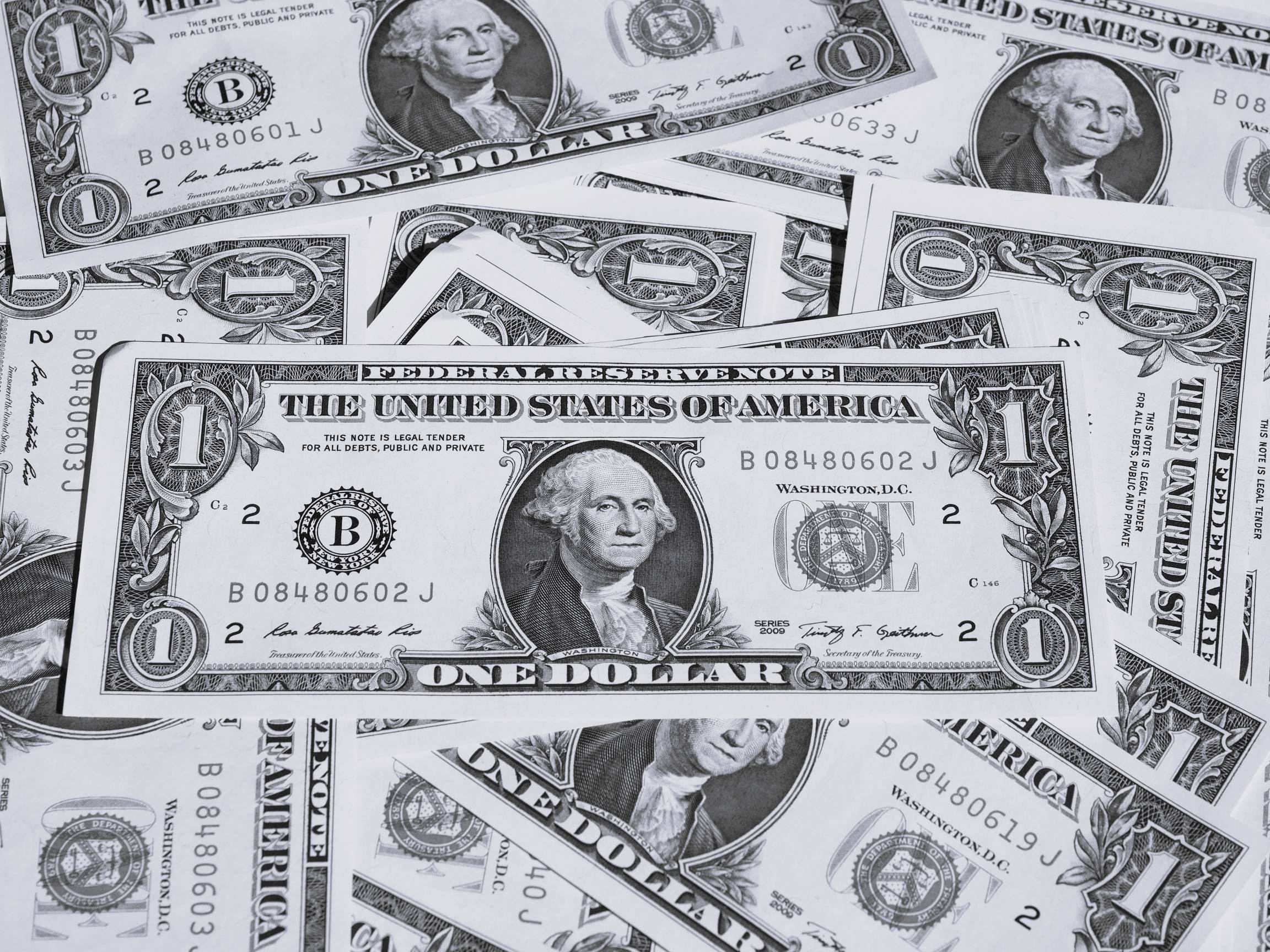My generation grew up with the US as the global hegemony. They’ve had the largest army, the newest technologies, the most famous brands, the reserve currency and simply the most influence in the world.
Since most people alive have lived in a US-dominated world, it’s hard to imagine anything different. And yet, things are changing fast, and the world might look different sooner than we think.
Since the year 2000, the US economy has grown twice as fast as the European one. This rapid economic growth in the US has partially helped the country to reinforce its dominant status. European growth on the other hand has stagnated. Memes have flooded the internet regarding Europe inventing new caps on plastic bottles in comparison to impressive new aerospace inventions in the US. Add another layer of messy politics, bureaucracy and “shy European culture” on top, and the picture is complete.
The costs for the US to maintain its global hegemony have however become unsustainable. Between 2001-2023, US government debt increased from 52% to 115% of its GDP and is still growing rapidly. Over the same period however, Europe’s government debt only increased from 68% to 87%. This means that a lot of borrowed money has been ploughed into the US economy. To what degree this government spending leads to economic growth is however not entirely clear. The Congressional Budget Office estimates for example that every governmental dollar spent on purchases of goods and services leads to a GDP growth of between 0.5 – 2.5 USD. It appears that a conservative estimate of this “fiscal multiplier” for all government spending (so not just goods and services) of 0.4 already brings US economic growth roughly in line with Europe. The bottom line of this is that the outperformance of the US is for a significant part the result of its government borrowing and spending more money.

The rapidly growing government debt is one of the reasons for Trump to focus on his own American continent. He’s scaling back military protection for its allies and military presence in general. His obsession with Greenland and the Panama Canal is very much “local-oriented”. Tariffs are aiming to get firms back to the US instead of them producing goods in China, while also generating income for the Treasury. Whatever you can say about him, Trump does follow through on his America First narrative. Whether it’s going to work is a whole different question though.
Europe on the other hand has borrowed less money, which has left more possibilities for European governments to invest in time of need. As we seem to be at the doorstep of a new global era, this time of need may be now. This is for example because:
- The US is retracting its military protection, leaving Europe quite exposed (although it’s ideologically debatable how big this issue is).
- Trade is deglobalizing and we can’t rely on global supply chains in the way we used to.
- Europe has been too dependent on the import of foreign energy.
- The US and China are ahead with innovations and technology (think of AI for example).
For too long Europe has acted as America’s little brother. So now that the big brother has left the nest, it’s time for Europe to stand on its own legs. Germany kicked this off with an announcement of a €1tn support package for its military and infrastructure. The choice to save rather than to spend during the last decade might start to pay off now. On top of that, Europe is getting more attractive for investors. The US has become less appealing for investments, so it can be expected that more capital will flow into Europe instead. Perhaps this could help the sluggish economy (and real estate sector) forward.
The younger generations have lived in quite a stable world so far without many acute threats or changes. We haven’t experienced the cold war. Yes we’ve had COVID, but the way in which the world is organised remained broadly the same in the last 25 years. How much is going to change is unclear, but it feels like we’re at the start of a new period. This has strengthened my belief that European collaboration will get more important than ever. Could this be the beginning of the ‘old continent’ reinventing itself?




